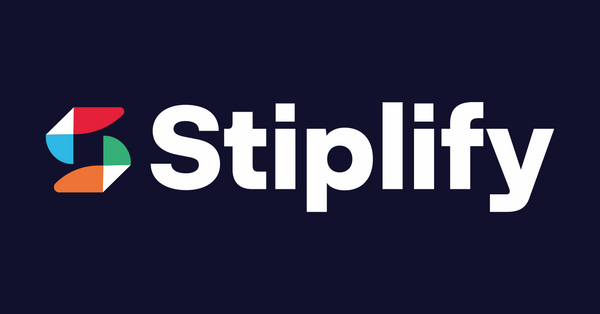
The Controversy of Active Listening in Ad Targeting: Insights from a Leaked Pitch Deck
Share
Introduction
The intersection of advanced analytics and privacy concerns has recently come into sharp focus with the leak of a pitch deck detailing a new form of ad targeting technology: active listening. This technology involves using device microphones to capture and analyze conversations, ostensibly to deliver more personalized advertisements. The leaked pitch deck, discussed in detail by 404 Media, has sparked a significant debate about the ethical and practical implications of such innovations. This article explores the details of the leaked pitch deck and provides a marketing perspective on the potential impact of active listening technology.
The Leaked Pitch Deck: A Detailed Examination
1. The Pitch Deck by Active Listening
The leaked pitch deck, as reported by 404 Media, outlines a technology designed to leverage device microphones for capturing audio data in real time. This data is analyzed to identify key topics and sentiments, which are then used to tailor advertisements to individual users' interests. For instance, if a user discusses a desire to purchase a new gadget, the technology could trigger ads related to that product or similar items almost immediately.
The pitch deck emphasizes the potential benefits of this technology, particularly in enhancing the relevance of ads. By delivering highly personalized content based on actual conversations, advertisers could achieve higher engagement rates and increased conversion rates. This level of targeting could transform how brands connect with consumers, making marketing efforts more precise and effective.
However, the 404 Media article also highlights significant concerns. The idea that devices could listen to and process private conversations raises profound privacy issues. The lack of explicit consent for such data collection could lead to a loss of consumer trust and potential backlash against companies employing these methods.
For an in-depth look at the pitch deck, visit the original article on 404 Media here.
Marketing Implications
1. Enhanced Targeting Capabilities
From a marketing standpoint, active listening technology represents a groundbreaking advancement in ad targeting. The ability to deliver ads based on real-time conversation data could lead to unprecedented levels of personalization. This could significantly boost the effectiveness of marketing campaigns by ensuring that advertisements are not only relevant but timely, addressing consumers’ immediate interests and needs.
For example, if a user is discussing plans to buy a new fitness tracker, receiving an ad for that product or related fitness gear shortly afterward could increase the likelihood of a purchase. This kind of precise targeting can drive higher engagement rates and improve the return on investment (ROI) for advertisers.
2. Privacy and Ethical Considerations
Despite the potential benefits, the technology raises serious privacy and ethical concerns. The prospect of devices eavesdropping on private conversations without explicit consent could alienate consumers and damage brand reputations. Privacy advocates are likely to challenge such practices, leading to potential legal and regulatory repercussions.
Marketers must navigate these concerns carefully. The emphasis on personalization must be balanced with a commitment to transparency and consumer consent. Brands that fail to address privacy issues could face significant backlash, undermining the very trust that is crucial for successful marketing relationships.
3. Regulatory and Consumer Backlash
The introduction of active listening technology may also attract regulatory scrutiny. Governments and regulatory bodies are increasingly focused on data protection and privacy. Companies deploying such technologies will need to ensure compliance with existing regulations and be prepared for potential new laws aimed at safeguarding consumer privacy.
In addition, consumer backlash could be a significant risk. If users perceive that their privacy is being violated, they may become resistant to the technology and even boycott brands that use it. Building and maintaining consumer trust will be essential, and companies must be proactive in addressing privacy concerns and providing clear information about how data is used.
Conclusion
The leaked pitch deck on active listening technology offers a glimpse into the future of ad targeting, showcasing both the potential benefits and the significant challenges associated with this approach. While the technology promises enhanced personalization and improved marketing effectiveness, it also raises critical privacy and ethical issues. As the marketing industry considers adopting such innovations, balancing the pursuit of advanced targeting capabilities with a strong commitment to consumer privacy and transparency will be crucial for maintaining trust and ensuring long-term success.





